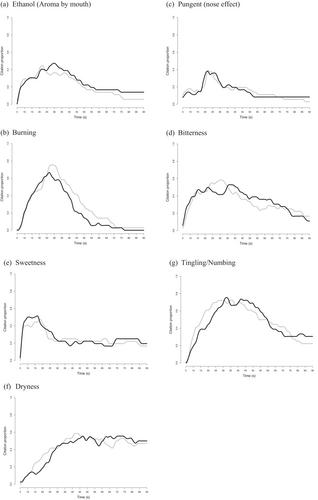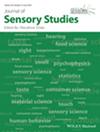Effect of water type and proofing method on the perceived taste/mouthfeel properties of distilled spirits
Abstract
Water is a key ingredient used in proofing of distilled spirits; however, its impact on the sensory perception of distilled spirits after proofing is scarcely reported. In this study, we diluted both aged and unaged spirits from high proof (>55%, alcohol by volume, ABV) down to 40% ABV and used a trained panel to determine if the choice of water type (spring water, distilled water, or limestone water) and proofing method (fast- vs. slow-proofing) affected the perceived taste/mouthfeel characteristics of the final diluted spirits. Results showed that water type and proofing method did not have a significant effect on aged spirits. However, proofing method but not water type had a significant effect on the sensory perception of unaged spirits. Further characterization on the dynamic sensory profiles of fast- vs slow-proofed unaged spirits showed that the slow-proofed unaged spirits were characterized as sweeter at the beginning, with less burn throughout the entire evaluation period.
Practical Application
To our knowledge, this is the first demonstration of using A-Not A test method to determine whether a perceived difference exists between two confusable high alcohol containing beverages. Our findings are of particularly relevance to producers of unaged spirits (i.e., vodkas), as it illustrates the importance of proofing strategies and how they can help to reduce the ethanol related burn sensation in unaged spirits when no other influential congeners are present.


 求助内容:
求助内容: 应助结果提醒方式:
应助结果提醒方式:


